Secondary Education - Mathematics
To be admitted into a teacher education program that leads to a baccalaureate degree, students will either have to
· Achieve a qualifying passing score on the Praxis Core Academic Skills for Educators (CORE) as established by the State Board of Education OR
· Have an ACT composite score of twenty-one (21) (or SAT equivalent) OR
· Have a minimum GPA of 3.0 on coursework prior to admission to an approved teacher education program***
Education Pathway
Program Curriculum
ASSOCIATE OF ARTS
FIRST YEAR:
First Semester
Second Semester
- *Calculus II MAT 1623
- **Natural Science w/Lab (4)
- ***History or Literature Elective (3)
SECOND YEAR:
First Semester
- ***Introduction to Linear Algebra MAT 2113
- Public Speaking I SPT/COM 1113
Second Semester
- ***Elective (1)
EDU 1613 Foundations in Education and Learning is strongly recommended for all Education Pathways.
***Consult with your chosen transfer university/college to determine changes to this curriculum.
*Some students may need to take MAT 1313 College Algebra and MAT 1323 Trigonometry (if placement score requires) prior to enrolling in MAT 1613 Calculus I. These students are advised to take these courses in the summer before their freshman year in order to complete the Calculus sequence before transferring.
**BIO 1134 & BIO 1144 General Biology I & II or CHE 1214 & CHE 1224 General Chemistry I & II

